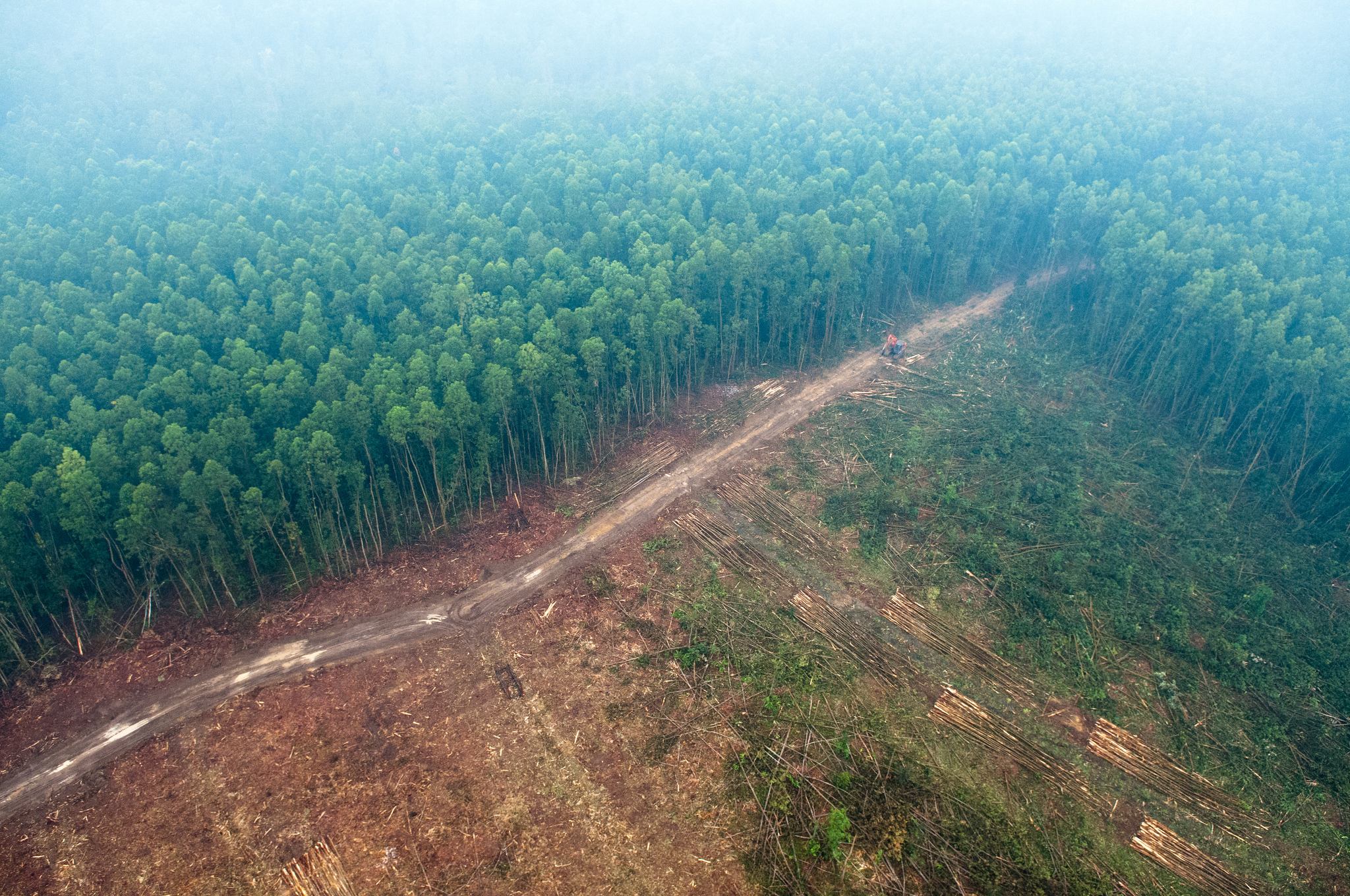
Author: Croft-Cusworth, C. | October 4, 2017 | Private Sector
The damaging practice of clearing land by burning has spread across Indonesia since at least the 1990s, employed by large and small businesses alike. The devastating impact of this practice was brought to international attention when it sparked a regional environmental and public health crisis in 2014-2015.
Burning, especially on drained peatlands and peat forests, is a major source of greenhouse gas emissions, contributing to global climate change. The haze resulting from fires interrupts daily life, forcing school and business closures, and can even result in death. The damage done to biodiverse peat forests and carbon-rich peatlands is, in some cases, irreversible.
As Indonesia’s economy grows, and sectors such as oil palm and pulp and paper continue to boom, controlling fire and haze has become more important than ever. Tougher laws and regulations to ban agricultural burning have had a strong effect on stopping the practice.
In some cases, businesses have taken responsibility for their impact, either independently or under pressure from consumers, such as by pledging compliance to international sustainability standards, such as the Roundtable on Sustainable Palm Oil (RSPO). Others have reached out to communities to cooperate on changing practices both inside and outside their concession areas.
Representatives from the private sector joined community leaders, law enforcement officials, researchers and others at a national policy dialogue on preventing fire and haze held Pekanbaru last month, hosted by the Center for International Forestry Research (CIFOR) in collaboration with the University of Riau.
Article link: https://forestsnews.cifor.org/51776/fire-and-haze-better-business-practices?fnl=en
